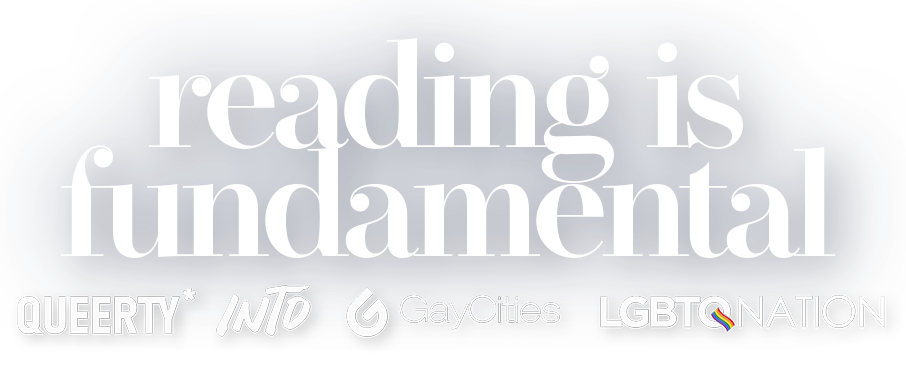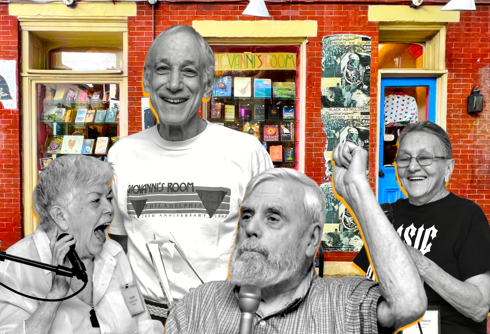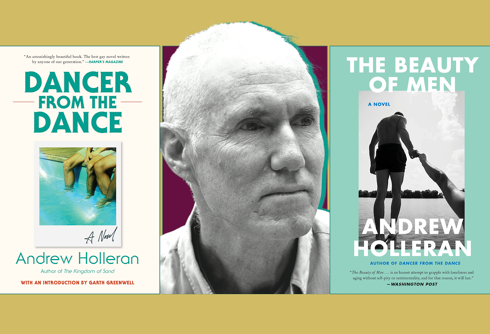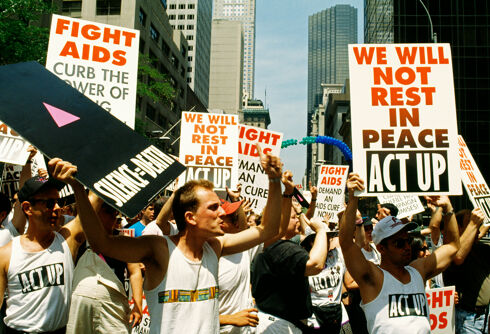According to the American Library Association, the number of challenged books soared from 156 in 2020 to 2,571 in 2022. This concerning trend has primarily focused on targeting books related to diversity, inclusion, and LGBTQ+ equality. If allowed to continue unchecked, book banning could harm vulnerable minorities and make it harder for people to access valuable educational material.
Book bans in schools and libraries: Why now?
With their ability to express new ideas and discuss information, books have always been controversial. Even medieval books like The Canterbury Tales have been banned for obscenity, and it was also fairly common for autocratic governments to ban books that criticized them. These sorts of bans gradually declined as more and more nations started to prioritize freedom of speech.
However, starting in the late 2010s, new rhetoric has developed around book bans. Most modern book bans aren’t about whether or not a book criticizes a king’s new law. Instead, there is a growing concern that children can check out books from schools and libraries that may contain so-called “adult content.” Though free speech advocates have hotly protested these bans, other groups are planning projects that could remove books from libraries and schools nationwide.
Never Miss a Beat
Subscribe to our newsletter to stay ahead of the latest LGBTQ+ political news and insights.
Related:
3 anti-LGBTQ+ groups are behind 86% of all book bans across the U.S.
The groups all have right-wing Republican support and also advocate for other anti-LGBTQ+ school policies.
Why books should not be banned
At a glance, book banning might seem like nothing more than the latest moral panic. However, the reality is that this issue is more than just a flashy talking point for conservative pundits. It could have real and long-lasting impacts on our society.
Educational impact
International rankings reveal that United States students are already falling behind international students, and banning books will only worsen the situation. Some of the most frequent book challenges include canonical literature such as The Grapes of Wrath by John Steinbeck and The Great Gatsby by F. Scott Fitzgerald. Without access to literary classics, high school students are unprepared for college, and young people struggle to use their critical thinking skills to discuss even marginally controversial subjects.
Furthermore, the latest round of book bans has targeted a lot more than just a few books taught in English classes. Books discussing the Holocaust, slavery, and other grim moments in human history are being challenged and replaced with inaccurate texts. Banned books in schools can cause massive gaps in students’ education and leave them unable to acknowledge basic facts about the real world.
Related:
Author of one of 2021’s most banned books says queer stories help youth heal & build bridges
“It used to be a parent had learned about a given book and had an issue with it. Now we see campaigns.”
Societal consequences
Lists of the most challenged books in the nation often address matters like discovering one’s sexuality or grappling with racial inequality. Though these might seem like “adult” topics, the reality is that many teens deal with these subjects. Banning these sorts of books harms these vulnerable minorities and makes it harder for them to get accurate information or simply read books that represent their lived experiences.
Banning these sorts of books also harms the rest of society. It prevents people from accessing diverse concepts and learning from viewpoints unlike their own. This makes it harder for different groups to understand and empathize with each other, and it also makes it harder for people to develop new ideas and grasp new concepts.
Related:
Conservatives are attacking LGBTQ books so they can make another generation hateful
Calls to burn queer books aren’t about “obscene material.” They’re about stigmatizing LGBTQ people as pathological and sinful.
Effects on authors
The growing censorship in schools has also had a stifling effect on many authors. Instead of focusing on writing a good book, authors now have to worry about things like, “Will this sentence get my book pulled from all public libraries?” Heavy censorship is never a good thing for authors. At best, removing books reduces their audience and makes it hard for them to earn a living. At worst, constant censorship can discourage people from writing altogether.
Authors of banned books have described stressful situations like people threatening to harm their children and sending obscene material to their workplaces. For many authors, book bans have become a way for their critics to put a target on their backs. With just a few highly publicized book challenges, previously unknown author can find themselves attacked by hundreds of rabid, angry opponents.
Alternatives to book banning

Ultimately, every child in the nation should not be forced to follow the reading standards of a select few parents, discussions of racism aren’t an automatic attack on white people, and the mere existence of LGBTQ+ people should not be viewed as pornographic. However, it’s also true that certain subject matter may be unfit for certain young children. The solution to this problem requires people to approach the topic with open minds and avoid highly politicized outrage.
Some potential solutions for controversial books include adding content warnings, requiring parental permission for certain titles, or creating child-friendly versions for younger readers.
Related:
Ron DeSantis said Florida’s banned books are “pornographic.” Here’s what was actually banned.
They’re pretty innocuous and included some classics.
Fostering inclusivity in literature
Though all the highly publicized book banning can make the future look grim, the reality is that there are still a lot of people committed to diversity, freedom of speech, and creative thinking.
Most book bans are enacted by a vocal minority and would be very easy to overturn with a few committed people. The only way to change things is for people to actually speak out in support of diverse books and challenge attempts at banning books.
Interested in learning more of the latest news and hearing from more LGBTQ+ voices? Subscribe to the LGBTQ Nation newsletter now!



















